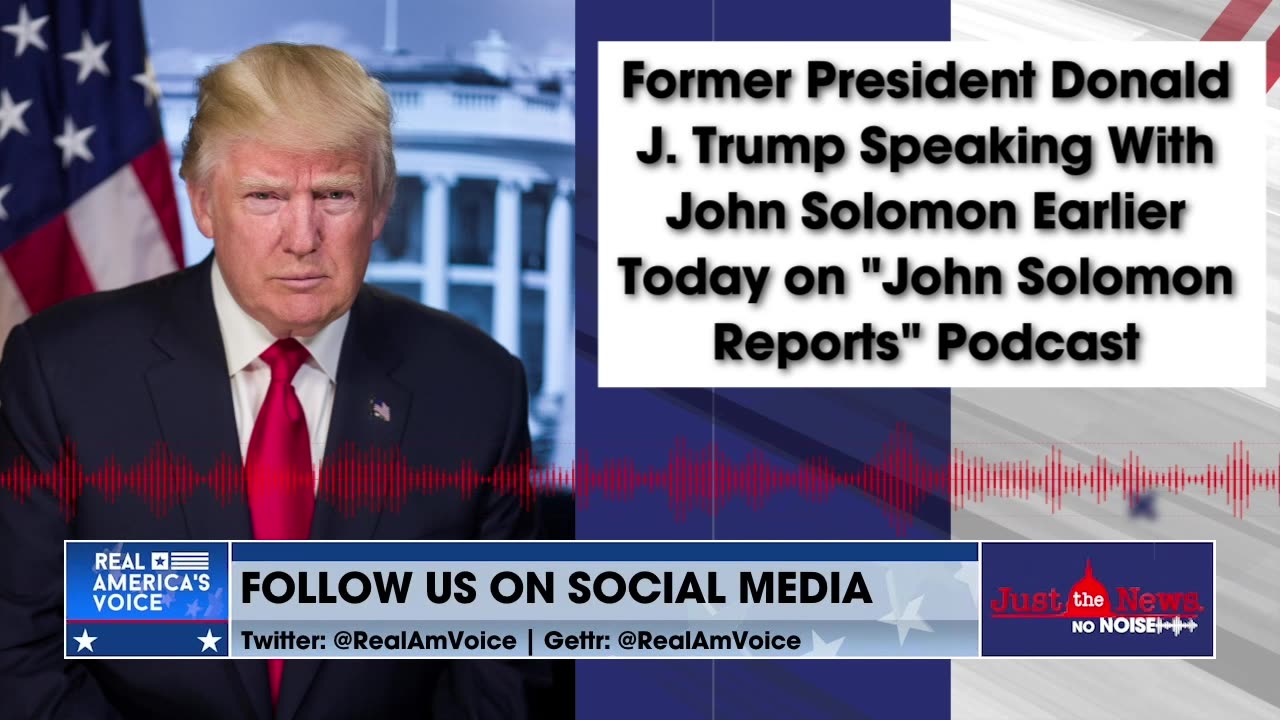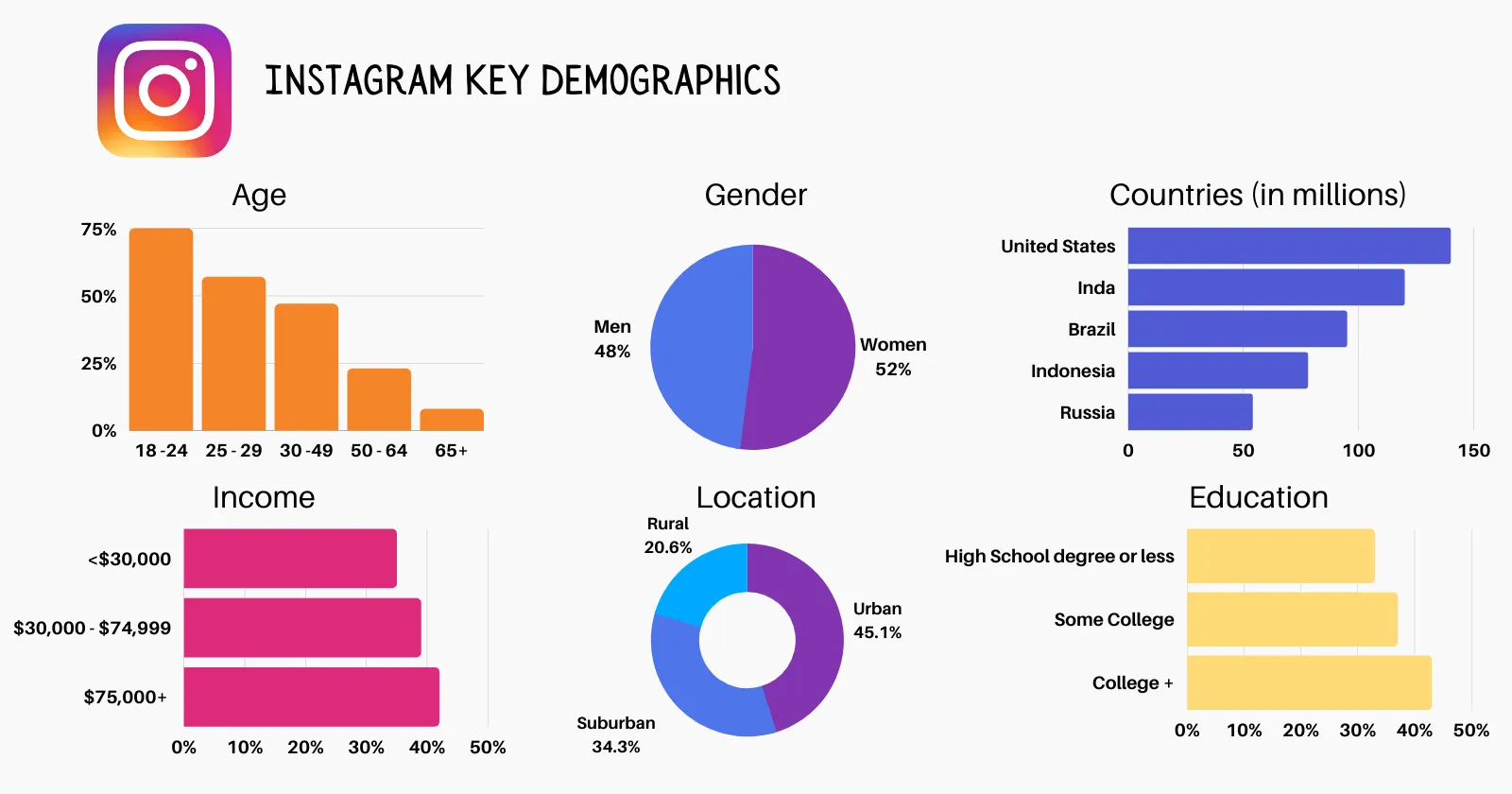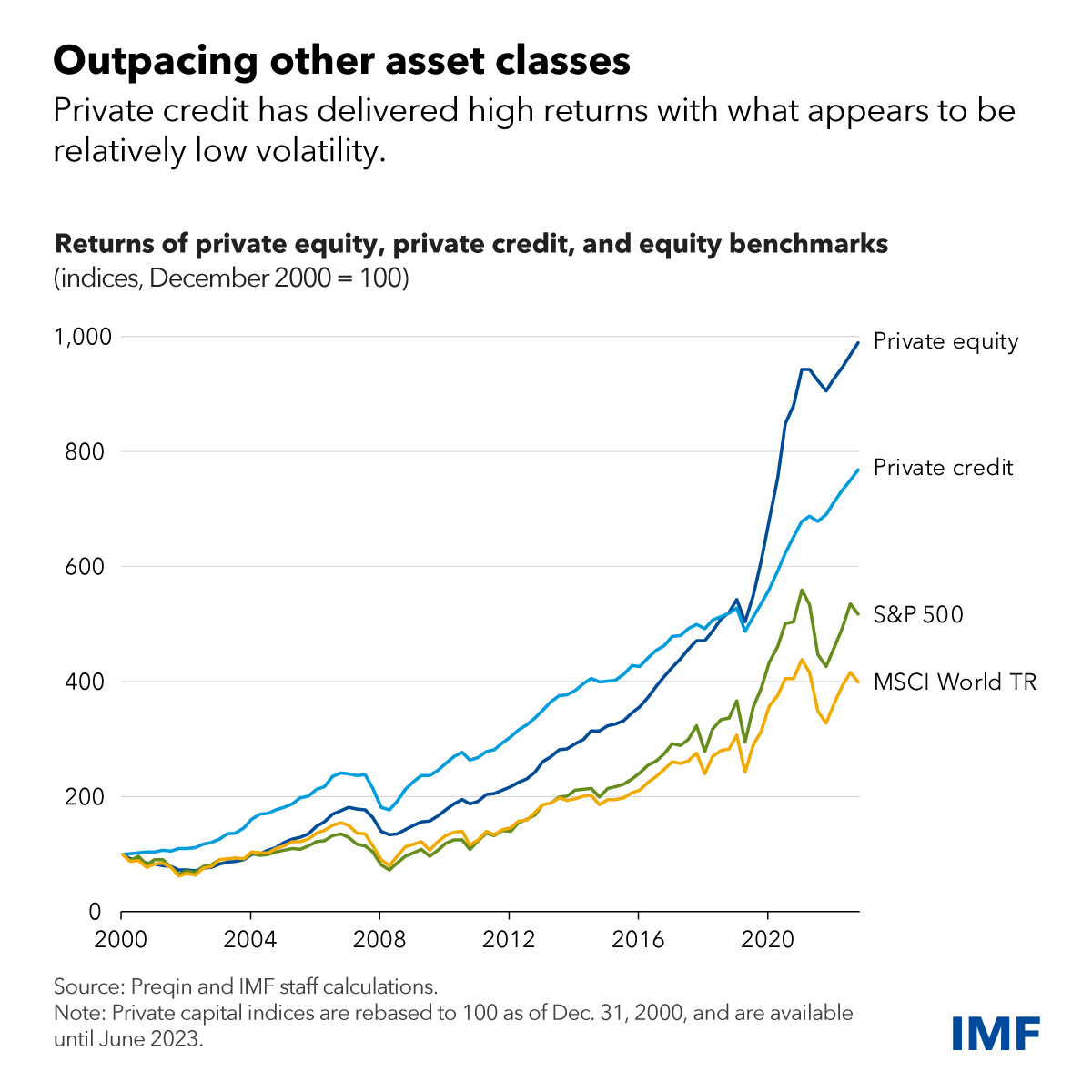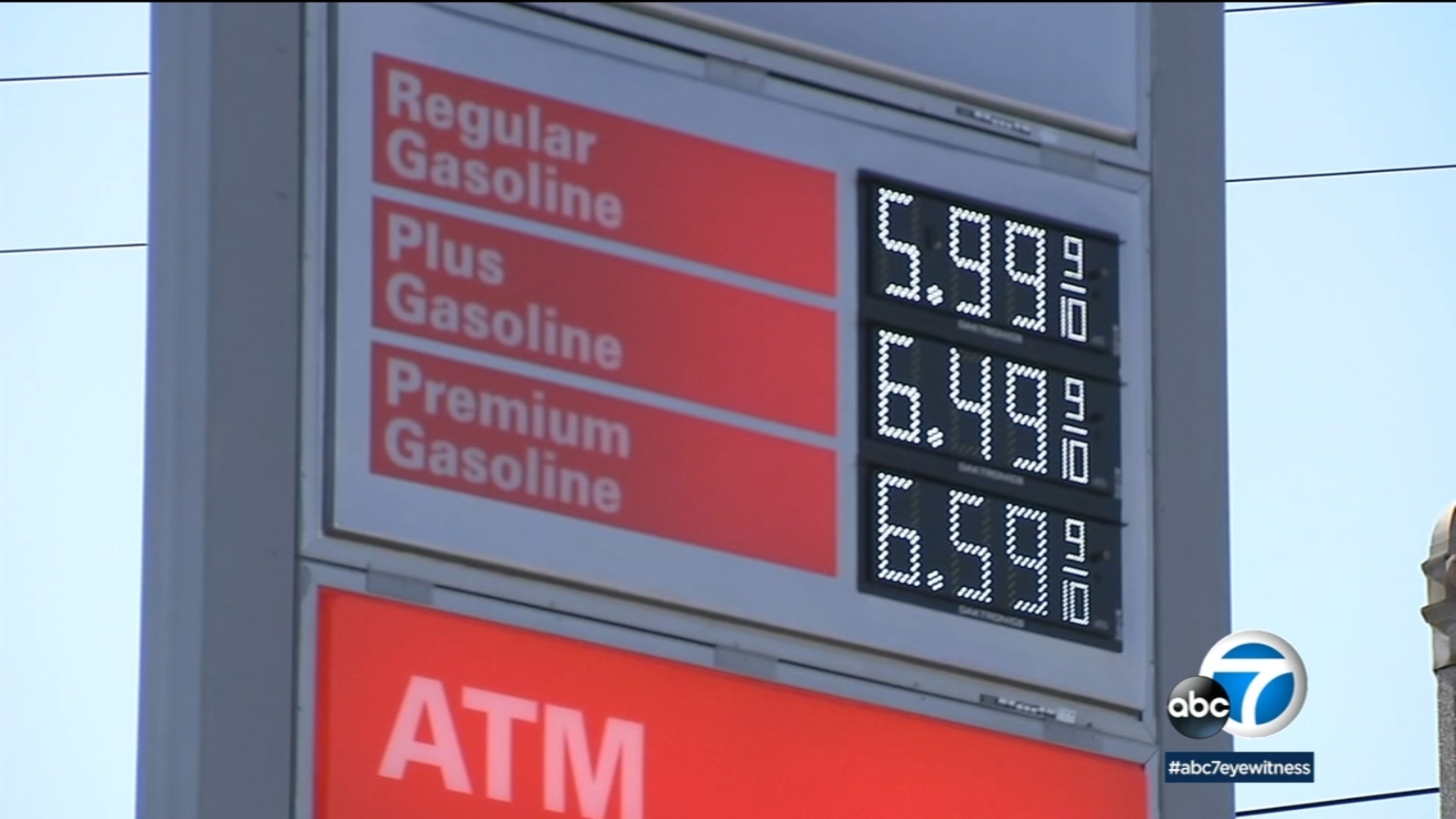Section 230 And Banned Chemicals: A Case Study Of EBay Listings

Table of Contents
Understanding Section 230 and its Implications for Online Marketplaces
Section 230 of the Communications Decency Act of 1996 is a cornerstone of internet law in the United States. It shields online platforms from liability for user-generated content, meaning they are generally not held responsible for what their users post or sell. This protection is crucial for the functioning of online marketplaces like eBay, allowing them to host a vast array of products without fear of being sued for every potentially problematic listing.
However, Section 230's application to the sale of goods, especially those that are illegal or harmful, is far from straightforward. While platforms are generally protected from liability for user-generated content, this protection doesn't extend to situations where the platform actively participates in illegal activity or fails to take reasonable steps to remove illegal content when it's reported. The line between facilitating illegal activity and simply providing a platform is constantly being tested in courts.
Limitations of Section 230:
- Section 230 does not protect platforms from liability for their own content.
- Platforms can still be held liable if they materially contribute to the illegality.
- The interpretation of "good faith" efforts to remove illegal content is subject to legal interpretation.
Key Legal Precedents & Examples:
- Doe v. MySpace: This case highlighted the complexities of platform liability for user-generated content.
- Cases involving the sale of counterfeit goods often involve discussions of Section 230 and platform responsibility.
- The ongoing debate surrounding Section 230 reform demonstrates the continuous need to balance free speech with consumer protection.
eBay's Policies on Banned and Restricted Items
eBay maintains a comprehensive list of prohibited and restricted items, including a wide range of chemicals that pose safety or environmental risks. These policies aim to protect buyers and comply with relevant laws and regulations. The sale of banned chemicals on eBay is strictly prohibited and can lead to severe consequences for sellers.
eBay employs a multi-pronged approach to identify and remove violating listings:
- Automated systems: Algorithms scan listings for keywords and descriptions associated with prohibited items.
- Manual review: Human moderators review flagged listings and investigate suspicious activity.
- User reporting: eBay encourages users to report listings that appear to violate their policies.
Consequences for Sellers:
- Account suspension
- Listing removal
- Financial penalties
- Legal action in severe cases
Specific Examples of Banned Chemicals on eBay:
- Certain pesticides
- Restricted precursors for explosives
- Hazardous chemicals requiring specialized handling and permits
Case Studies of Banned Chemical Listings on eBay
While eBay actively works to prevent the sale of banned chemicals, occasional listings slip through the cracks. Analyzing these cases reveals the challenges of policing a vast online marketplace.
Examples of Cases:
- A listing for a highly toxic pesticide was flagged and removed after a buyer reported it.
- Automated systems detected a listing for a chemical precursor commonly used in illegal drug manufacturing.
Detection Methods:
- Keyword filters
- Image recognition software
- Analysis of seller history and feedback
The impact of such cases often leads to refinements in eBay’s policies and procedures, constantly evolving their approach to identify and remove prohibited listings.
The Balancing Act: Protecting Buyers and Sellers Under Section 230
The challenge for online marketplaces like eBay is balancing the protections afforded by Section 230 with the responsibility to ensure a safe buying environment. This necessitates a careful approach to enforcing policies on banned and restricted items. Ethical considerations play a crucial role, weighing the platform’s responsibility to prevent harm against the potential chilling effect of overly strict regulations.
Improving eBay's Policies and Enforcement:
- Investment in advanced AI-powered detection systems.
- Strengthening communication with sellers about prohibited items.
- More robust user reporting mechanisms.
Arguments for and Against Stricter Regulations:
- Advocates for stricter regulations emphasize consumer safety and environmental protection.
- Opponents raise concerns about potential limitations on free speech and economic activity.
Navigating the Future of Section 230 and Banned Chemicals on eBay
The interplay between Section 230, eBay's policies, and the sale of banned chemicals remains a dynamic and evolving area of law and online commerce. eBay's success in navigating this complex landscape depends on its ongoing commitment to refining its detection systems, strengthening its policies, and engaging in continuous dialogue with sellers and users. The future requires a concerted effort to improve detection methods, enhance enforcement, and foster a more responsible online selling environment. Stay informed about updates to Section 230 and eBay's policies on banned chemicals – responsible online selling and buying practices are crucial for protecting everyone involved. Further research into the impact of Section 230 on the sale of banned substances across different online marketplaces is strongly encouraged.

Featured Posts
-
 Google Fi 35 Unlimited Plan Features Benefits And Drawbacks
Apr 24, 2025
Google Fi 35 Unlimited Plan Features Benefits And Drawbacks
Apr 24, 2025 -
 Cassidy Hutchinson Key Witness To Publish Memoir On January 6th Hearings
Apr 24, 2025
Cassidy Hutchinson Key Witness To Publish Memoir On January 6th Hearings
Apr 24, 2025 -
 The Instagram Vs Tik Tok Battle A New Video Editor Enters The Ring
Apr 24, 2025
The Instagram Vs Tik Tok Battle A New Video Editor Enters The Ring
Apr 24, 2025 -
 5 Essential Dos And Don Ts Succeeding In The Private Credit Market
Apr 24, 2025
5 Essential Dos And Don Ts Succeeding In The Private Credit Market
Apr 24, 2025 -
 California Gas Prices Governor Newsom Seeks Industry Collaboration To Ease Costs
Apr 24, 2025
California Gas Prices Governor Newsom Seeks Industry Collaboration To Ease Costs
Apr 24, 2025
